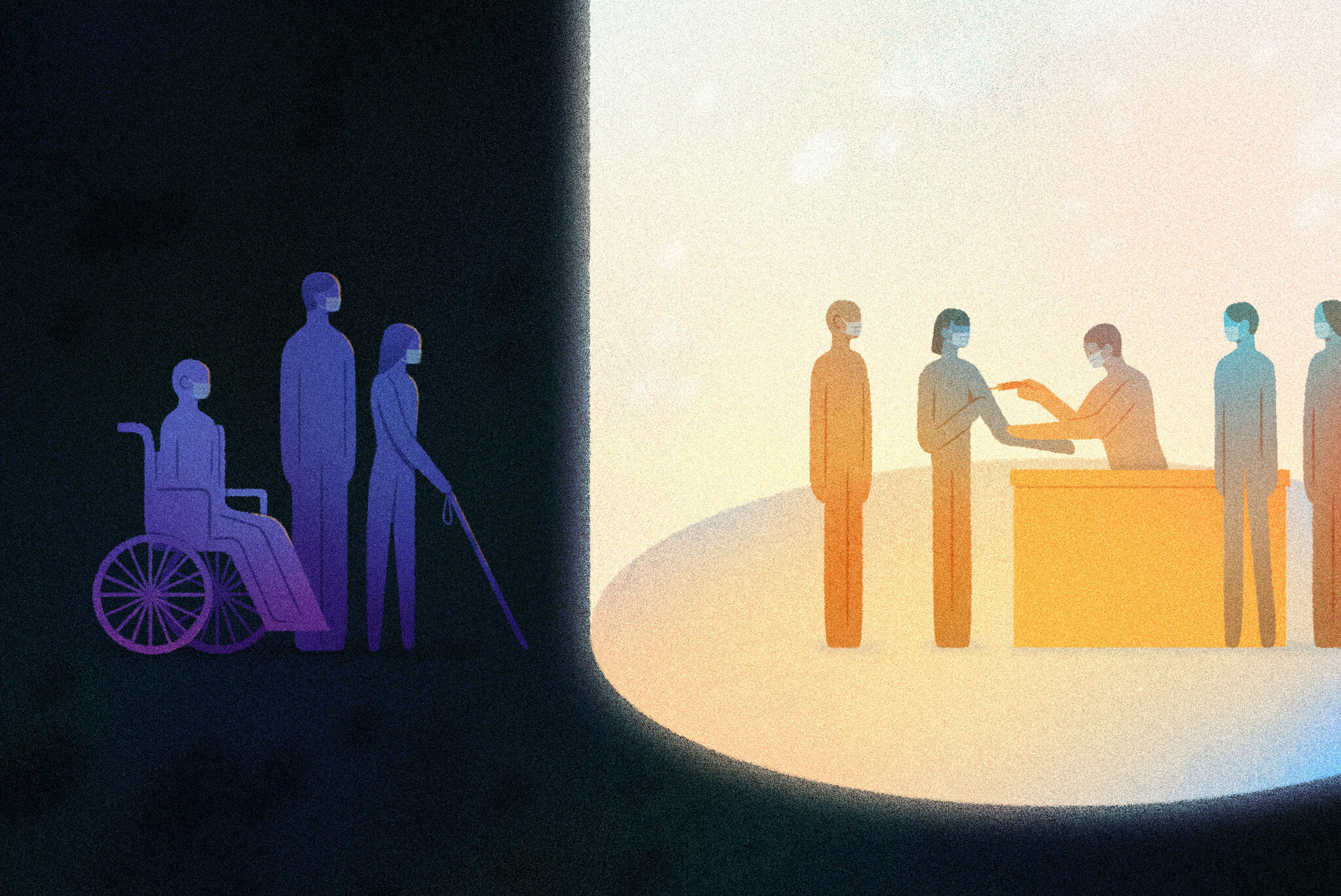Individuals with disabilities and disorders are still put at a disadvantage. This article will shine a light on ableism and what we can do to be more inclusive.
What Is Ableism?
Ableism, by definition, is the discrimination and prejudice against individuals with disabilities. The bias is based on the assumption that typical abilities and people who have them are superior.
Types of Ableism
Ableism is commonly classified into two types: physical and mental.
Physical Ableism
This type of ableism is characterised by intentional and unintentional discrimination of individuals with physical disabilities. It is hate based on a disabled person’s physical appearance. For instance, an ableist may be disgusted by people whose bodies appear different or “deformed”. It can also present itself less noticeably than we think. Signs unavailable in Braille and inaccessible venues are just a few examples.
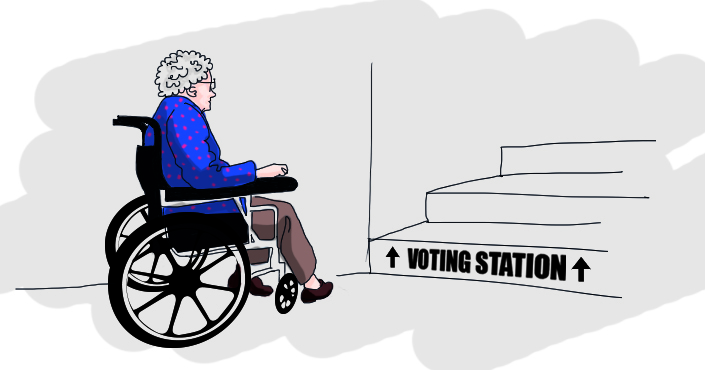
Mental Ableism
Ableism is not confined to prejudice against people with physical disabilities and mobility impairment. It also presents itself in the form of mental ableism. Mental ableism is discrimination against individuals with neurodivergent disabilities/disorders and mental illnesses.
Besides the main types of ableist behaviour, there are other types of ableism. It exists at various levels of society, including the following:
Institutional Ableism
It can be found in laws, policies, regulations, practices, and the social and cultural norms of an institution. One manifestation is ableism in education. School systems nowadays might be unknowingly contributing to ableism and undermining students with mental illnesses, physical, neurological, or intellectual differences. For example, educational institutions may refuse to provide accommodation to disabled students. Educators may fail to acknowledge a disability and attempt to “teach” a student to overcome their impairment. Rather than being patient and adapting teaching strategies to student needs, a teacher may punish a child for having dyslexia.
Another example is ableism in the workplace. Since they are concerned about the cost of accommodating a physically disabled person, some employers are hesitant to hire them. Non-disabled colleagues might be subtly or outright discriminatory against employees with disabilities, such as excluding them from social or professional events.
Interpersonal Ableism
Internalised Ableism
Internal ableism happens when a person with a disability or disorder consciously or unconsciously discriminates against themself and other people in the community by believing that an impairment is something shameful, abnormal, and needs fixing. Additionally, a disabled individual may deem necessary accessibility services, such as disabled parking permits and accessible toilets, a privilege rather than a fundamental right.
Ableism also takes various forms, such as:
Hostile Ableism
This is a kind of ableism when people get openly aggressive against disorders or disabilities of the disabled person. Hostile ableism includes demeaning behaviour like offensive remarks, harassment, and bullying.
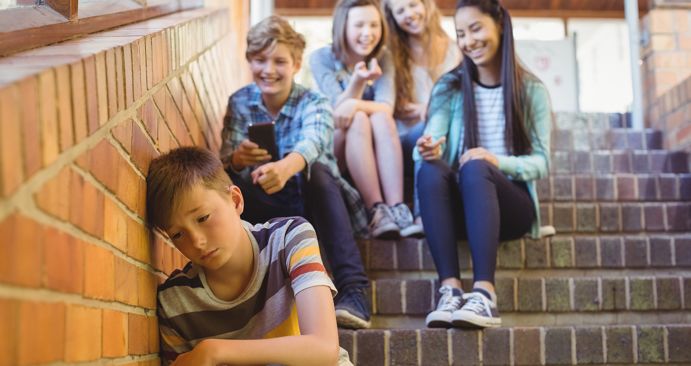
Benevolent Ableism
Prejudice against individuals with disabilities and disorders can have a benevolent side. It views the disabled as vulnerable and dependent. Also, it undermines their ability to communicate and make decisions on their own. For example, a non-disabled person may not consider the disabled’s opinions (e.g. directing questions to a guardian instead of the person with a disability), or help without permission (e.g. pushing someone in their wheelchair without asking first)
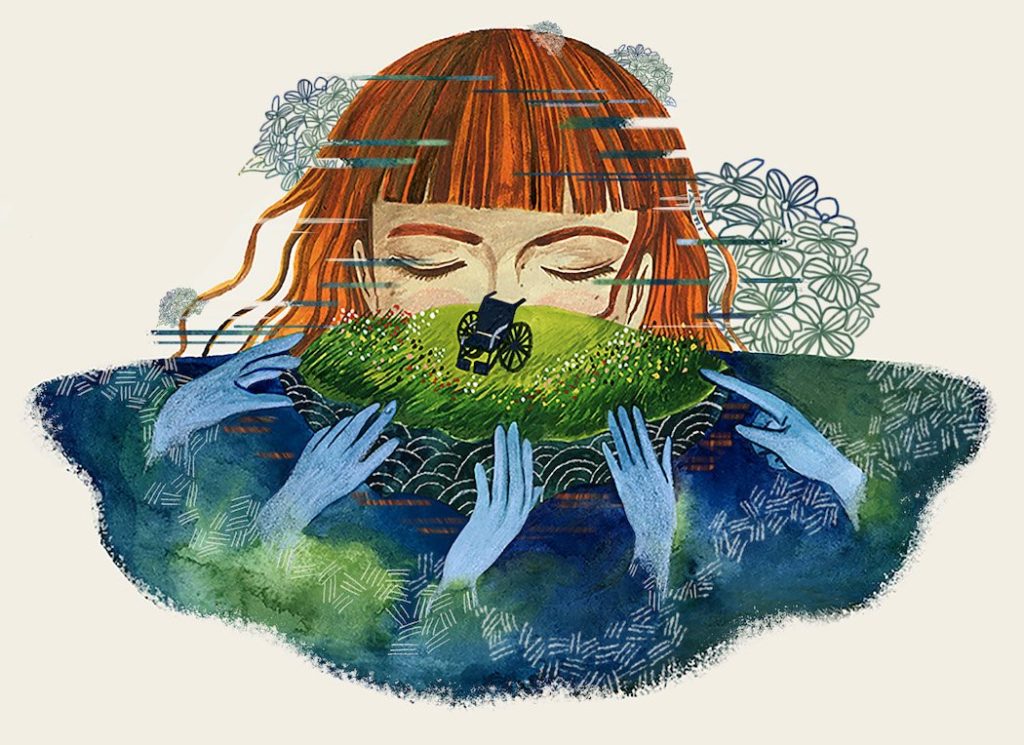
Ambivalent Ableism
Ambivalent, or mixed ableism, stands in between hostile and benevolent ableism. For example, a person may begin a social interaction by being caring and helpful, but then become hostile when the disabled person refuses help.
What Are Ableist Microagressions
Ableism is not always obvious. It can be subtle and hard to notice. Sometimes, we may not be aware that what we say or do normally is hurtful or derogatory. This behaviour is called microaggression, also known as unconscious bias. Here are some ableist things that we say every day:
- Terms based on physical disabilities such as “dumb”, “lame”, “spastic”
- Terms based on neurodevelopmental disabilities such as “stupid”, “retarded”, “imbecile”, high or low functioning
- Words and phrases based on mental disorders such as “maniac”, “psycho”, “crazy”, “I’m so OCD”
- Other terms and phrases such as “crippled”, “tone deaf”, ” “falling on deaf ears”, “the blind leading the blind”
- “You don’t look disabled”, “You don’t look ill/sick”, “You just want attention”. There are invisible disabilites, and we do not always know if a person has depression
- “You are so inspirational/brave”. This can give an impression that disabilities is a “curse”, and it is a miracle when anyone with a disability can overcome it
- “Stop complaining, others have it worse”. This is very patronising, as it invalidates one’s disability or disorder
- Behavioural microaggressions such as crouching down with your hands on your knees to talk to someone in a wheelchair or pretending that a disability/disorder does not exist
The Impact Of Ableism
Disability prejudice affects the disabled physically, such as when a physically impaired person has to go somewhere that is not accessible to them. At COP26, Israel’s Energy Minister Karine Elharrar was unable to enter the events because the distance from her wheelchair-accessible vehicle to the venue was too far to travel. Furthermore, inaccessible physical spaces and services can be dangerous for them.
Ableism emotionally harms people with disabilities and mental disorders. For example, a blind person feels disrespected when they hear someone say refer to a particular situation as “the blind leading the blind”. Likewise, a person who suffers from obsessive-compulsive disorder (OCD) feel emotionally invalidated when someone equates their daily cleaning habit with having OCD.
It also infringes on their basic rights. Everybody has the right to be accepted everywhere, and disabled people have the right to seek social support services. However, they were still denied basic services. Amidst the pandemic, people with disabilities were refused medical care in Oregon hospitals. Additionally, half a million poor and disabled American citizens are still neglected by Social Security.
Coupled with not being considered seriously, people with disabilities will face more barriers in life. Compared to non-disabled peers, disabled people have fewer job opportunities and lower wages. According to the Department of Economic and Social Affairs – United Nations, 80% to 90% of people with disabilities are unemployed in developing countries, whereas the figure in developed countries is between 50% and 70%. A report by UNICEF indicates that disabled children, especially the ones having difficulty communicating, are most likely to be out of school.
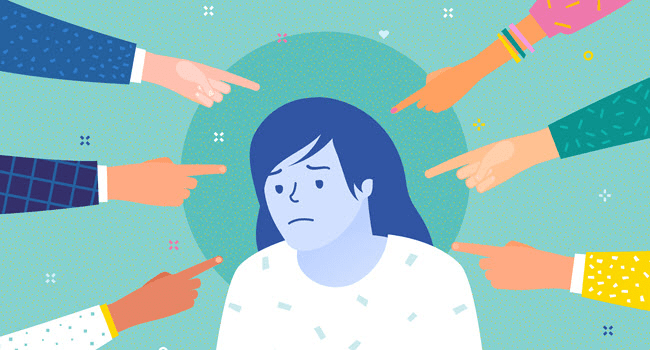
How To Be An Ally
By learning about ableism, you are one step closer to being an ally. To be a more inclusive ally and encourage others to be allies, stop using ableist language in your daily conversations first, especially when you interact with disabled individuals. Alternatives to ableist words are “ignorant”, “bizarre”, “outrageous”, “unknowledgeable”, etc. Besides, do not use accessible toilets or parking spaces. Also, always pay attention to what they want to deliver, such as when a deaf person signs to you
Be aware of behaviour, policies, systems. For example, if your friend uses the aforementioned harmful terms, tell them that they are ableist. If you attend an event or go to a place that is inaccessible, inform managerial staff at the location. Likewise, talk to the HR or student support department if where you work or study has physically inaccessible services, lacks inclusive policies, or when you notice harassment and discrimination against people with disabilities.
Calling out is not enough. It is important to educate yourself and others. You can learn about different disabilities and disorders. For example, you can learn Braille if someone you work with or teach with has visual impairments. You can also learn from disabled activists, creators, speakers, writers by reading their articles/blogs, listening to their speeches or podcasts, etc. Once you learn something new, discuss it with people around you and share it on social networks. However, keep in mind that every disabled individual’s experience is the same. The key to being an ally is respect. This means that you should always respect their experiences and decisions; as well as acknowledge them based on others aspects, instead of defining them by their disabilities.
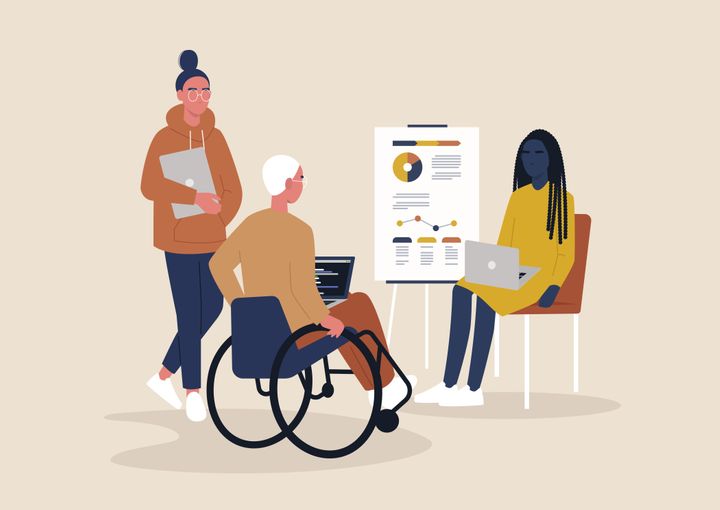
IVolunteer International is a 501(c)3 tech-nonprofit registered in the United States with operations worldwide. Using a location-based mobile application, we mobilize volunteers to take action in their local communities. Our vision is creating 7-billion volunteers. We are an internationally recognized nonprofit organization and is also a Civil Society Associated with the United Nations Department of Global Communications. Visit our profiles on Guidestar, Greatnonprofits, and FastForward.
